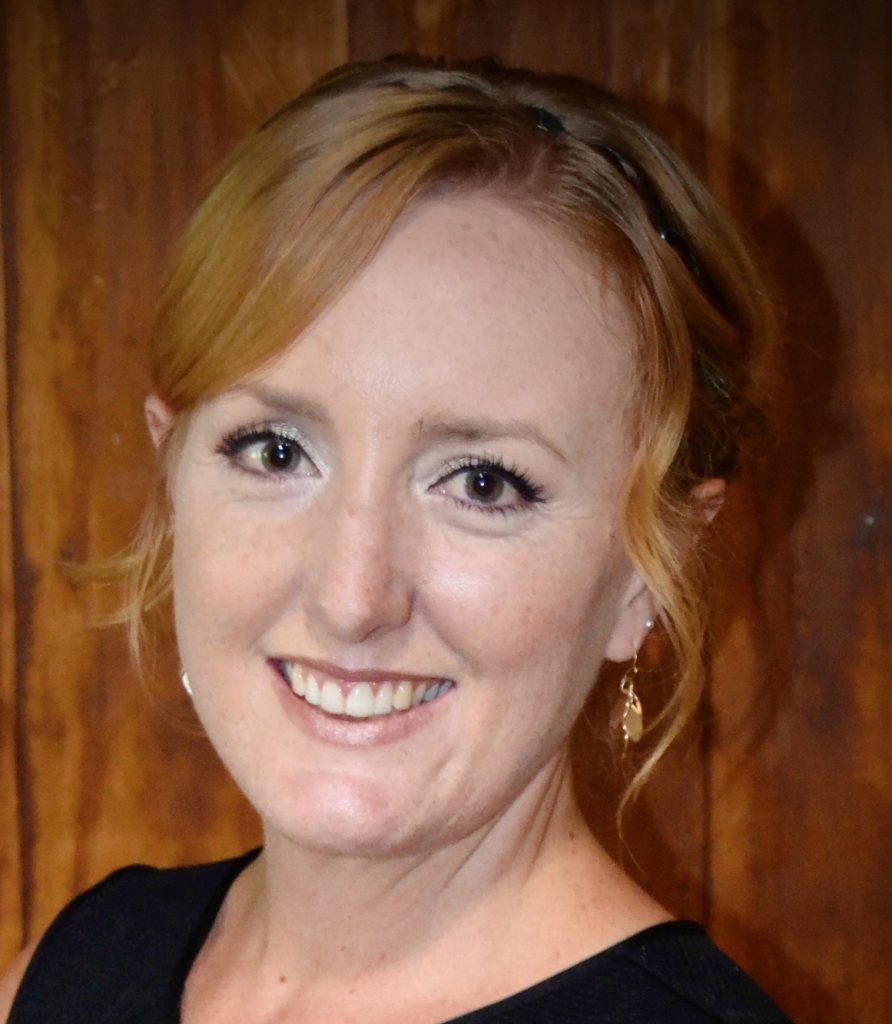What would you describe as your most memorable achievement?

There are a couple of major milestones that come to mind, such as being selected to speak about the psychology of lying at the ACFE African conference one year ago or when I assisted in a serial murder case in Modimole in my early years as a veracity assessor, but the one achievement that I am most proud of is having become the highest qualified Layered Voice Analysis (LVA) analyst in South Africa. With more than 15 years’ experience within the truth verification field, I have become a subject matter specialist in all things Layered Voice Analysis and the various applications of this state-of-the-art fraud prevention technology from Nemesysco.
What first made you think of a career in technology?
This might sound odd, but I did my first polygraph when I was nine years old. My stepfather or “plus-pa” as they say where he is from, is a criminologist and one of the first polygraphists in South Africa. I would sit in on some of his lectures, learning about the tricks of the trade and many times demonstrating the polygraph by conducting stim tests on his students. It is this early exposure to veracity assessments that piqued my interest in lie detection and naturally grew from there.
What style of management philosophy do you employ with your current position?
I try to follow a hybrid approach of strategic and transformational management styles. I have learned through my studies, my interactions with people and even with my children, that just as personalities differ, people are also motivated differently because of it. That is why I try to adjust my approach to management to speak to each individual’s unique motivations and focusing on the needs of the team.
Of course, the main outcome of managing a team is to enhance team efficiency and performance. In this pursuit, I try to be an example of the things I want from our team: striving to do things right the first time, being committed to doing work of a high standard and not sacrificing quality for quantity, being open to continuous learning and most importantly, being an integrous person that underpins credibility in not only myself, but also our work and our team.
What do you think is the current hot technology talking point?
Businesses globally are building a culture of data-based decision making which has driven the need for genuine emotions detection. Nemesysco is providing technology for emotion detection through voice analysis with the use of their core technology called Layered Voice Analysis. Interestingly, it is the only voice analysis science in which computers, using LVA, perform better than humans. These computers can identify digitally unique patterns in the human voice that we as humans have learned to mask and ignore, and which Nemesysco, in its twenty years of research, learned to identify and correlate with key human emotions. The application of this technology is almost limitless and can add tremendous value to businesses from supporting hiring practices, driving sales, quality assurance, managing staff wellbeing to detecting and deterring fraud.
How do you deal with stress and unwind outside the office?
I must say that with the onset of COVID-19, it just highlighted the fact that mental and physical wellbeing is extremely important, which led me to join a small running club of like-minded women in my community – our group slogan is ‘running is our therapy’ (RIOT). And it truly is. The motivation and the support this group of amazing women gives me, really helps to keep me grounded.
Other than running a couple of times a week, I try to squeeze in a few of minutes of self-care each day. This ranges from small little things like taking care of my skin, trying healthier recipes for my family, having a bit of a creative outlet by making something (I’m a huge DIY fan) and just settling down with a good detective novel and a glass of wine every now and then.
If you could go back and change one career decision, what would it be?
In hearing this question, I am immediately taken back to a few crossroads in my career, though I do not think I would change anything significantly. I am a firm believer that our mistakes are what shape us into the people we become and that the lessons we learn far outweigh the negative experience itself. My choices brought me to where I am today, and I am thankful for it.
There are positive changes though that I should have made earlier, like starting my part-time studies earlier in my career and taking on more responsibilities at that time and learning about my work ecosystem. I believe it would have leapfrogged my career trajectory.
What do you currently identify as the major areas of investment in your industry?
Africa has great potential for acceleration and the uptake of digital technology will greatly drive the economic development of our region. In the far East, there is a big demand for our voice analysis solutions, especially in IT enabled service sectors like call centres. We are already beginning to see rapid growth in this market in South Africa to support global business services because of a number of factors: South Africa has a strong foundation in contact centres and niched areas with a deep domain knowledge in for instance areas of financial services, legal and healthcare etc. Our ICT and digital capabilities are strengthening, and we are uniquely placed as the gateway to the African continent giving rise to a sizable regional and domestic market opportunity. Not to mention the significant cost savings of business process outsourcing (BPO) to South Africa.
Our sector opportunities lie in these companies utilising the insights from our voice analysis systems, such as the InTone, to support the numerous areas of business decision making.
Another interesting area of growth that we’re seeing is the use of our wellbeing assessments to manage and prevent burn-out. Burnout is one of the biggest issues facing companies right now, affecting a whopping 76% of the workforce, which is why companies are prioritising mental health.
What are the region-specific challenges when implementing new technologies in Africa?
Availability of robust infrastructure and slow uptake to technological advancements seems to be key in the lagging economic growth in Africa. However, it is strengthening as there is a shift towards tech-enabled value addition to enhance business processes.
As automation of work is becoming more prevalent one of the main challenges that we face in the voice analytics field in South Africa is the capability of companies recording their phone calls in stereo. For pre-recorded calls to be automatically analysed, it is required that the subject’s voice be on a different channel than that of the agent. Development in VoIP systems will greatly aid in the automation of the analysis process.
What changes to your job role have you seen in the last year and how do you see these developing in the next 12 months?
The last year was especially tough considering the embargos that corporates placed on face-to-face meetings. Building relationships digitally falls short of the real thing. Though it is convenient to set up virtual meetings, people miss out on the finer things that real-life meetings have to offer, such as the ice breakers, the banter, the fun parts of business dealings. Luckily for me, I found a way to overcome this barrier somewhat, I use my InTone whilst in my virtual meetings to give me insights into the current mindset of the person I am speaking to. This is a huge benefit in my business dealings as it allows me to steer the conversation in a positive direction.
COVID-19 has made a huge impact on the way that people do business, and it is navigating the effects that significantly impacted my role. The focus for the year ahead will be to strategically build on this new world of work to convert the challenges into value adding solutions.
What advice would you offer somebody aspiring to obtain c-level position in your industry?
First things first, education and qualifications are not everything nowadays. Experience is what ultimately drives the achievement of a c-level position. In that, I would advise anyone who strives to climb the organisational hierarchy to ask questions, and to learn about areas within the company that expand further than your own direct responsibilities. Involve yourself in the inner workings of your industry, learn from your peers, embrace a continuous learning mindset by staying abreast of developments in your field all in pursuit of becoming an expert in your field. In short, learn from work and work to learn.
Click below to share this article

